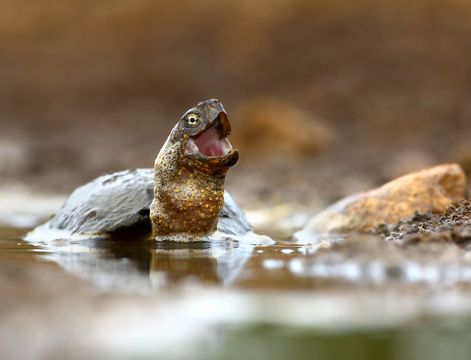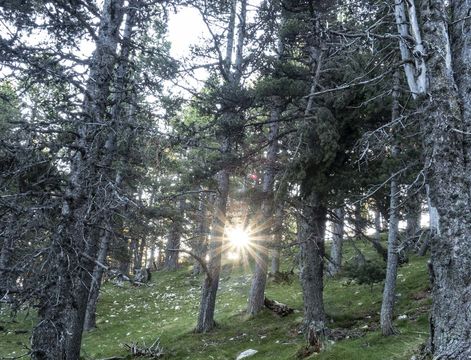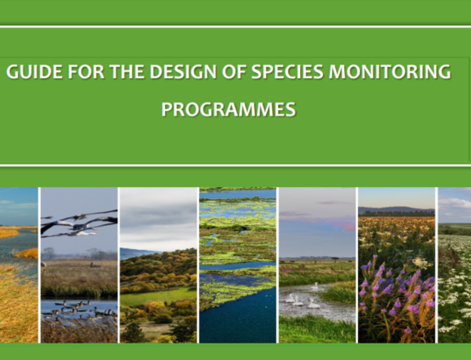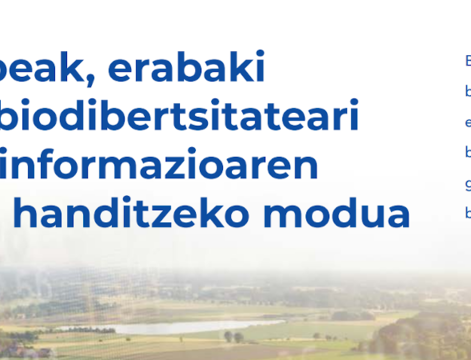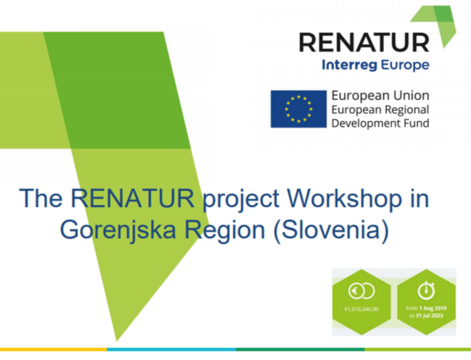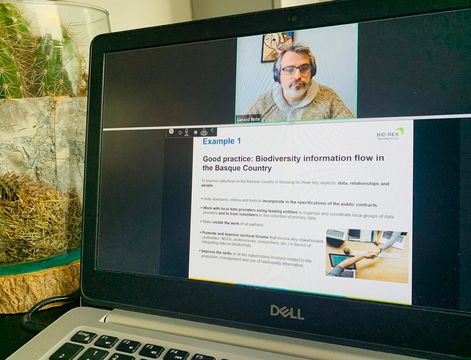In 2018 and 2019, 39 Slovenian biologists and naturalists worked together for almost two years to gather all the accessible biodiversity data for the area of the Ljubljana Marsh Nature Park.
As learned during the first BID-REX interregional workshop “Information needs for decision-makers” that took place in Wallonia (BE) in February 2017, biodiversity data are crucial to underpin good policy and decision-making. By presenting each partners’ experience and through the discussions that followed, the BID-REX workshops provided inspiration to collate all available biodiversity information for the Ljubljana Marsh.
In the first step of the Action plan for the Ljubljana Marsh Region, people and organisations that held biodiversity data for the area, were contacted and invited to share their data and taxonomic knowledge. Alongside, an analysis of the gaps in the biodiversity information was carried out to identify for which taxonomic groups there was sufficient information and which ones instead were not well known. These steps led to compiling the best possible collated information on biodiversity of the Ljubljana Marsh Nature Park, in addition to establishing a knowledge network and carrying out a gap analysis of biodiversity information status.
The Ljubljana Marsh Nature Park is an area of exceptional natural and cultural heritage. The area hosts many rare and endangered plant and animal species and is designated as a Natura 2000 site. The policy instrument for this area foresees the implementation of conservation measures for the species of European conservation concern listed in the Habitat and Bird Directives. The protected area also hosts several species of high national, regional and even global importance. In spite of the importance of this area, access to the biodiversity data needed for its conservation has been difficult as data on species are scattered around different organizations and individual data providers. The BID-REX Action plan aims, amongst other things, to improve the access to existing biodiversity data for the Ljubljana Marsh Nature Park so that will be accessible and usable also by managers and decision makers.



